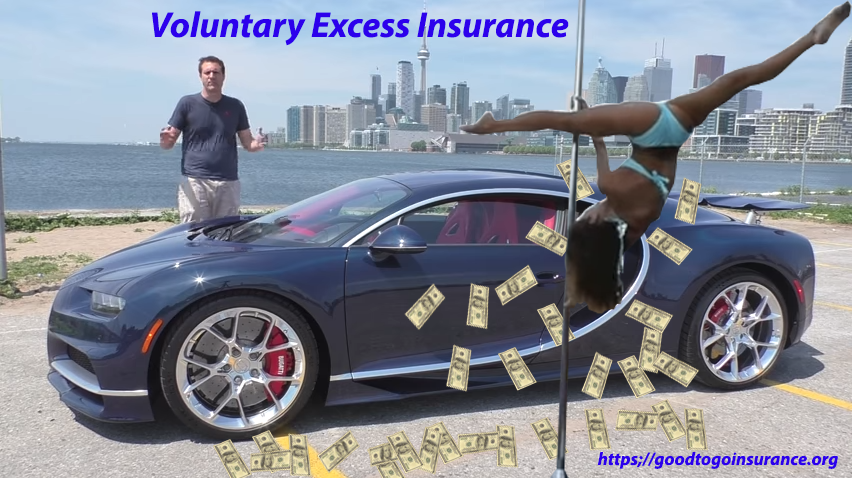Good to Go Voluntary Excess Insurance
Company Trusted For Over 25+ Years*

Call us 1-855-620-9443
Company Trusted For Over 25+ Years*

You can get voluntary excess insurance to cover your extra coverage needs. Voluntary excess insurance is an additional coverage separated from your car insurance policy. It is designed to specifically meet the cost of your excess, should you need to file a claim.
At present, this type of policy is relatively cheap. A recent comparison quote from AXA insurance came in at about $600 per year. A policy with high limits typically will cost between $500 and $700 annually.
To illustrate voluntary excess, let’s say you had repair costs totaling $1,250 and an excess of $500. In this case, the voluntary excess insurance policy meets the cost of the $500 repairs excess. You would pay nothing to get your car back.
There are some categories of motorists, such as young or foreign drivers, who might benefit from taking out a larger voluntary excess policy. This way they can get a big reduction on their premiums and get covered with a volunteer excess plan.
It’s a specialist product at the moment. Your own agent probably won’t tell you about it when you’re taking out a general policy. If you are a foreign motorist driving in another country, then it’s probably worth asking an insurance broker about it. You can also shop online for the best deals.
Accidents Involving At-fault and Non-fault drivers If you get into a wreck, whose fault it is will significantly affect your insurance costs going forward. There’s a crucial distinction between an “at-fault” and a “no-fault” accident.
If you’re a “non-fault” driver in the accident, you should not have to be concerned with your premiums going up. After all, it wasn’t your mistake. This applies to whatever type of insurance you have.
If you are an “at-fault” driver, though, you’ll have to rely on your insurance policy. In this case, your insurer will be compensating the other driver for the cost of the accident. Your excess doesn’t apply to these payments to third parties, although it will apply to damage to your own car.
Your insurance policy is a contract. It’s also a legal agreement binding both you and your insurance company. This makes up an offer and acceptance.
In law, it’s known as a contract “of utmost good faith.” In previous years, you would need to complete a formal written proposal form. This would provide personal details, including driving history, accident, and claim history.
Those answers help enable insurers to assess their risk in insuring you. Some people still take this traditional route, but it’s much less common. Today, the information is more likely to be obtained by question and answer, from either your insurance broker or from your online application.
You must be careful about any history of previous accidents or claims. The insurance industry has its own claims database called CUE, which allows them to check your answers for verification purposes. You should also declare any penalty points on your license, even if they’re only for a parking offense.
You also need to be clear about how the vehicle will be used and the monthly mileage. The typical distinction is between personal and commercial use. If you are insured for business use only, you might not be covered if the vehicle is damaged while you go on a personal vacation.
The best place gets cheap voluntary excess coverage is online. Most consumers can save anywhere between 15% to 40% off their premiums. You can also get fast quotes using your smartphone or tablet. Apply now for a free rate quote and get lower premiums.